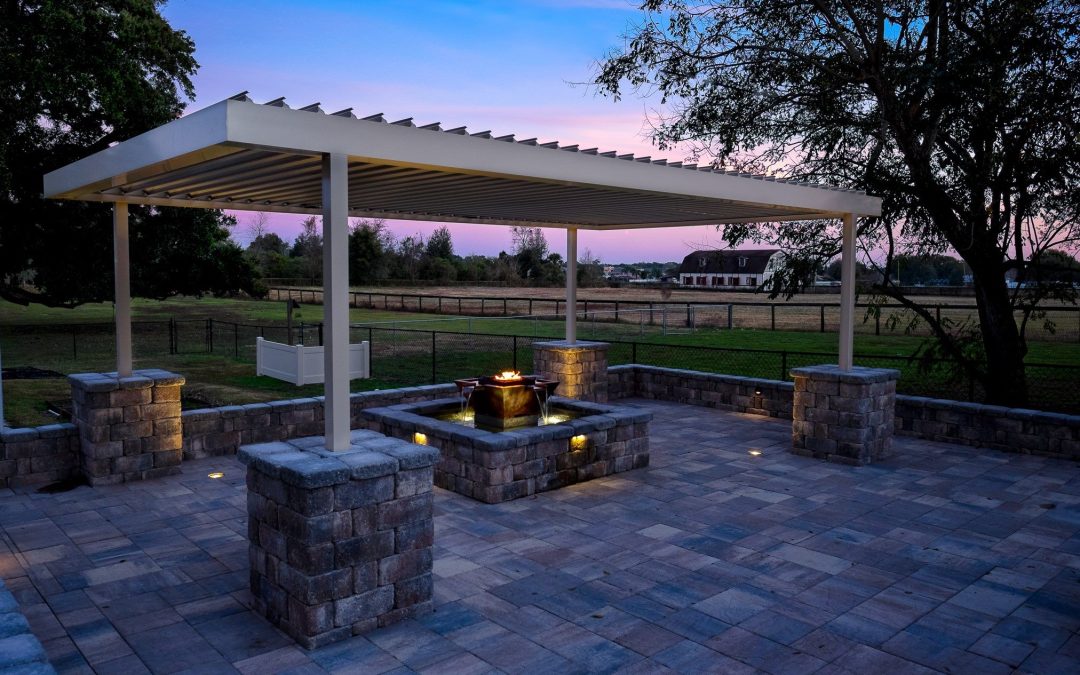Pergola Attached To House
When it comes to outdoor living spaces, there are few additions that can match the elegance and charm of a pergola attached to a house. These structures not only add aesthetic appeal to your home, but also provide functional benefits such as shade and shelter from the elements. But with so many options available, how do you choose the perfect pergola for your home? As a premier patio cover builder in Texas, we at Bluebonnet Patio Covers have years of experience in helping homeowners make this decision. In this article, we will delve into the key factors to consider when selecting a pergola attached to your house.
Location, Location, Location
The first and most important aspect to consider when selecting a pergola is the location. This will not only determine the size and style of the pergola, but also influence the materials used and the overall design of the structure. As a homeowner based in Guadalupe, Texas, you will need to take into account the climate and weather patterns of the area. The scorching Texas sun and occasional heavy rains may require a sturdier and more durable structure. Additionally, the orientation of your home and the direction of the sun will also play a role in the placement of the pergola. Be sure to select a location that not only complements your home’s architecture, but also provides optimal shade and shelter.
Size Matters
Once you have determined the ideal location for your pergola, it’s time to think about the size. This will depend on the available space and the intended use of the structure. Are you looking to create an outdoor dining area, a cozy reading nook, or a place to entertain guests? These factors will determine the size and shape of your pergola. For smaller spaces, a simple and compact design may be more suitable, while larger spaces can accommodate bigger and more elaborate structures.
Material Selection
When it comes to the material of your pergola, there are several options available, including aluminum, wood, and vinyl. Each material has its own unique benefits, making the decision a matter of personal preference and budget. Aluminum is a popular choice due to its durability, low maintenance, and cost-effectiveness. Wood, on the other hand, provides a beautiful natural look and can be painted or stained to match your home’s exterior. Vinyl, while more expensive, is a low-maintenance and long-lasting option.
Style and Design
Pergolas come in a variety of styles and designs, from traditional to modern, making it easy to find one that will complement your home. Matching the style of your home is important for creating a cohesive and aesthetically pleasing outdoor space. Additionally, incorporating architectural details, such as columns and decorative trims, can add character and charm to your pergola. You can also consider adding accessories such as curtains, lighting, or a built-in seating area to enhance the functionality and appeal of your pergola.
Permits and Regulations
Before you begin construction on your pergola, it’s important to check with your local authorities for any permits or regulations that may be required. In Texas, a building permit is typically required for any structure over 120 square feet. Additionally, there may be community or neighborhood regulations that need to be followed. Be sure to do your research and obtain all necessary approvals before beginning your project.
End thoughts
A pergola attached to a house is a beautiful and functional addition to any home. By considering factors such as location, size, material, style, and regulations, you can select the perfect pergola for your home. As experts in patio cover building in Texas, we at Bluebonnet Patio Covers are here to help you every step of the way. Contact us today to learn more about our services and how we can help you create the outdoor space of your dreams.
Topics:


Recent Comments